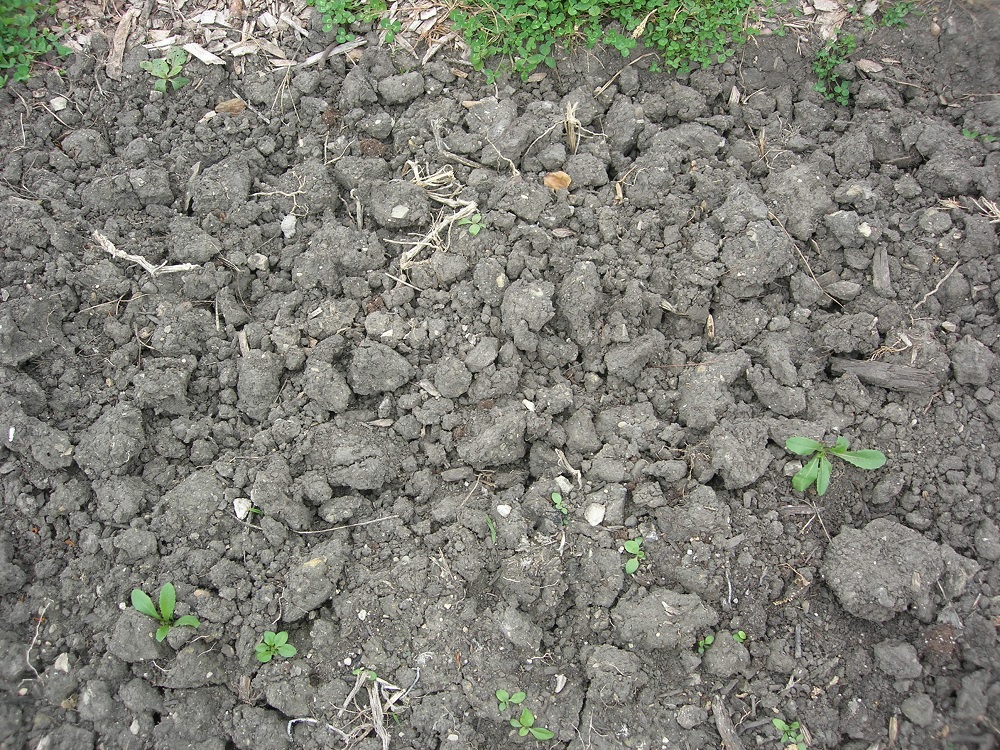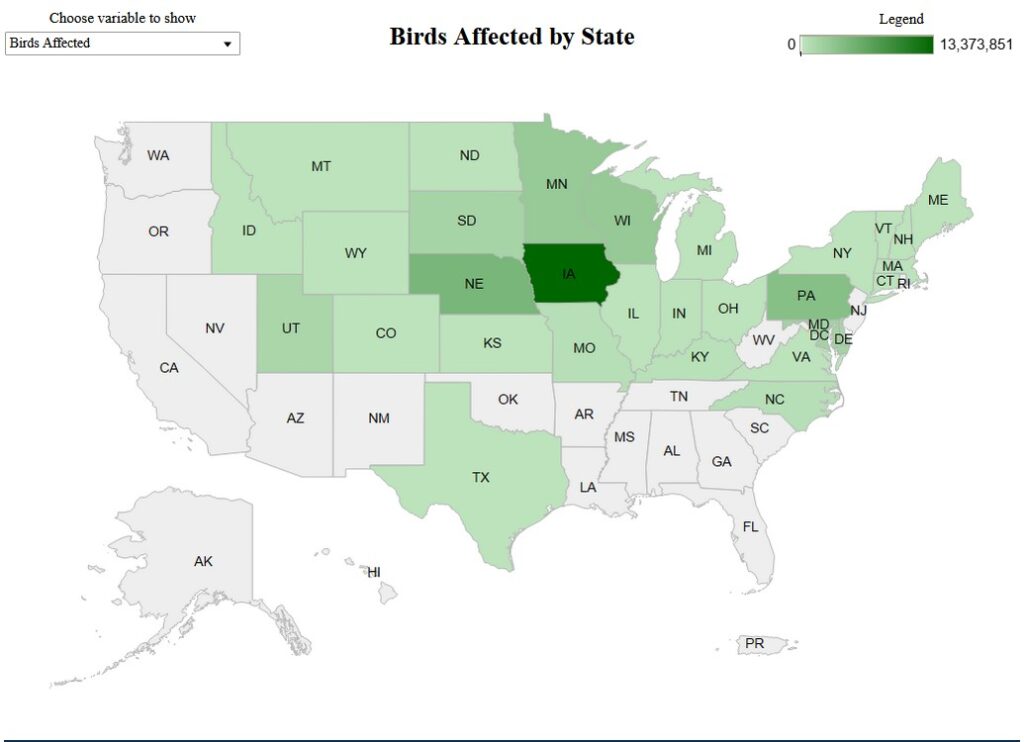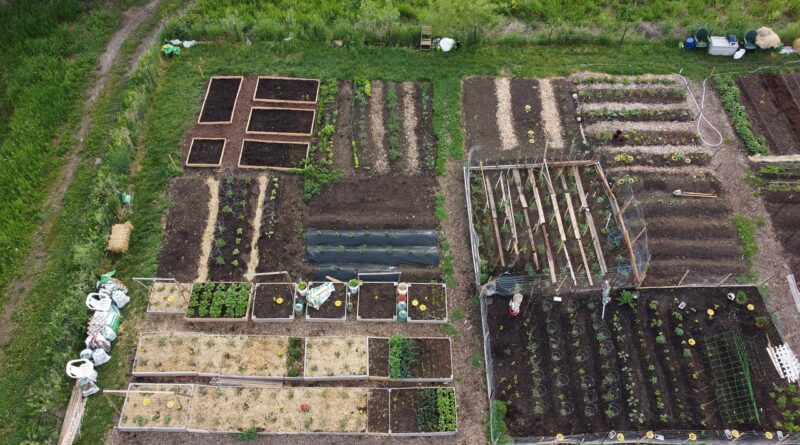The Regeneration Miracle That Is Compost
Podcast: Play in new window | Download (Duration: 2:01:24 — 57.3MB)
Subscribe: Apple Podcasts | Spotify | Android | iHeartRadio | Podchaser | Email | TuneIn | RSS | More
(May 1, 2022) If you watch this show regularly, you know about the power of compost. But you can never know enough. May 1-7 is International Compost Awareness Week (ICAW). It’s a big deal in the compost industry. For backyard gardeners, it’s an opportunity to learn about their soil. And how to make it better. The ICAW folks call compost a “recipe for regeneration.” Or, you can call it a regeneration miracle. Today, our show kicks off ICAW with the Illinois Food Scrap Coalition (IFSC). Really! Maybe it’s a thanks for having them on in February. Regardless, we’ll take it.
Let’s face it. The idea that you can turn food scraps and yard waste into rich, beneficial soil seems crazy. But there it is. And look at the benefits.
- Reducing methane emissions that contribute to climate change
- Sequestering and storing carbon
- Improving biodiversity and soil, water and air health
- Reducing water consumption
- Decreasing soil erosion and stormwater runoff
- Reducing the need for chemical fertilizers and pesticides
- Creating green jobs
Even the Illinois Senate passed a resolution acknowledging Compost Awareness Week. So, are you with me?
Fixing soil in Lake County
Merleanne Rampale is Public Information Officer and Education Director for the Solid Waste Agency of Lake County (SWALCO). In August 2020, SWALCO received a Community Compost and Food Waste Reduction pilot project grant from the USDA Natural Resources Conservation Service. The goal is to encourage local governments to develop composting programs. SWALCO is working with many of them in Lake County.

For instance, the Vernon Hills Park District Community Garden was plagued with bad soil. Since Vernon Hills was already a partner with SWALCO, this grant project was a perfect match. Check out the photo on the right. Do you have that in your yard? Now, look at the photo at the top of this post. That’s the power of composting. The first batch of compost was applied in November, 2020. Think it’s making a difference? Park Superintendent James Kim also joins us today. He reports on the effectiveness of the compost treatments.
Finally, we bring in soil scientist Vytas Papedinskas of Save Our Soil LLC. He will explain why compost is such a regeneration miracle. Learn more by participating in ICAW events in Illinois. This show is the kickoff event for our area! Pretty cool. By the way, there are ICAW events all over the country. I approve.
Bird flu and you
Lately, you can’t open an Internet browser without seeing an article about bird flu. Just last week, we posted a story about how avian flu likely killed hundreds of cormorants at Baker’s Lake near Barrington, Illinois. However, this strain has been reported in Asia and Europe for months. Now it is spreading across the U.S. Already, more than 27 million chickens and turkeys have died or been destroyed since February. Observers are afraid that number could eclipse the 50 million birds that died during the last outbreak in 2014-2015. Oh, did I mention that at least one person in the U.S. tested positive for the virus? That also happened in the U.K. a few months ago. Fortunately, neither case seems severe.

The current strain (H5N1) is considered a “highly pathogenic avian influenza” (HPAI). (There are also low pathogenicity avian influenza (LPAI) viruses.) Most of the birds affected are poultry, waterfowl, raptors, and some shorebirds (Monty and Rose??) So what does this mean for songbirds (passerines)? The Cornell Lab of Ornithology says, “There is currently very low risk of an outbreak among wild songbirds, and no official recommendation to take down feeders unless you also keep domestic poultry.” (bolding theirs)
However, they issue a caveat. “We also always recommend that you follow any recommendations put out by your state government, such as the recent request to take down feeders in Illinois.”
Are your bird feeders safe?
The Illinois Department of Natural Resources advises extra caution when dealing with backyard birds.
Many of you have asked if hummingbird and oriole feeding are included in our recommendation to remove bird feeders and bird baths through the end of May to help stop the potential spread of avian flu.After further discussion, our experts believe it’s unlikely that hummingbird and oriole feeders will contribute to the spread of HPAI, and it should be OK to leave them up. However, IDNR continues to recommend that use of seed and grain feeders be halted through May 31 because they could attract waterfowl, which are natural carriers of HPAI.
If you do leave feeders out, IDNR recommends weekly washing with a 10% bleach solution.
But that doesn’t answer all of the questions. What about suet feeders? Are hummingbird feeders okay? Thistle feeders? That’s why we welcome John Bates from Field Museum Division of Birds. We’ll talk about best practices for your yards during this crisis for birds. Meanwhile, expect the price of eggs and poultry to go up. That’s reality.


